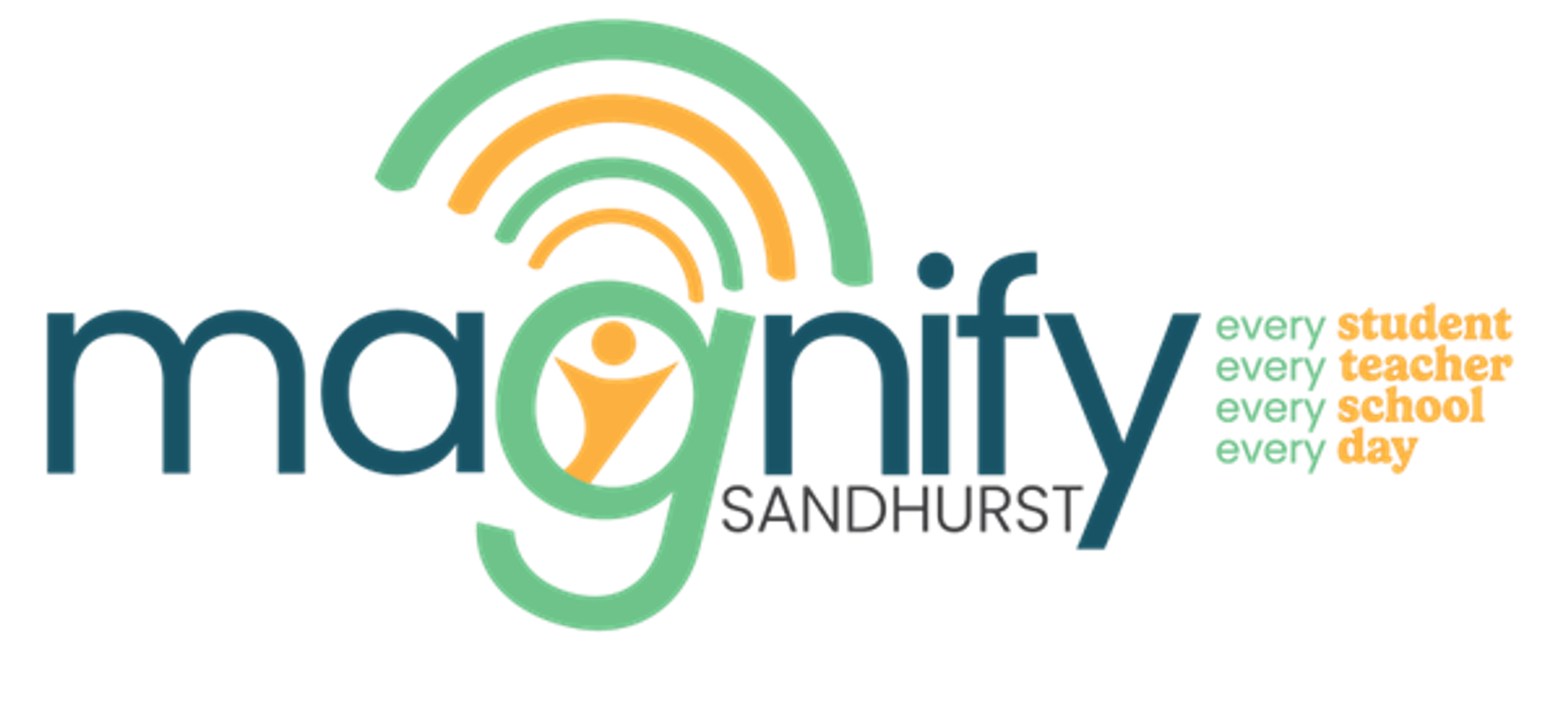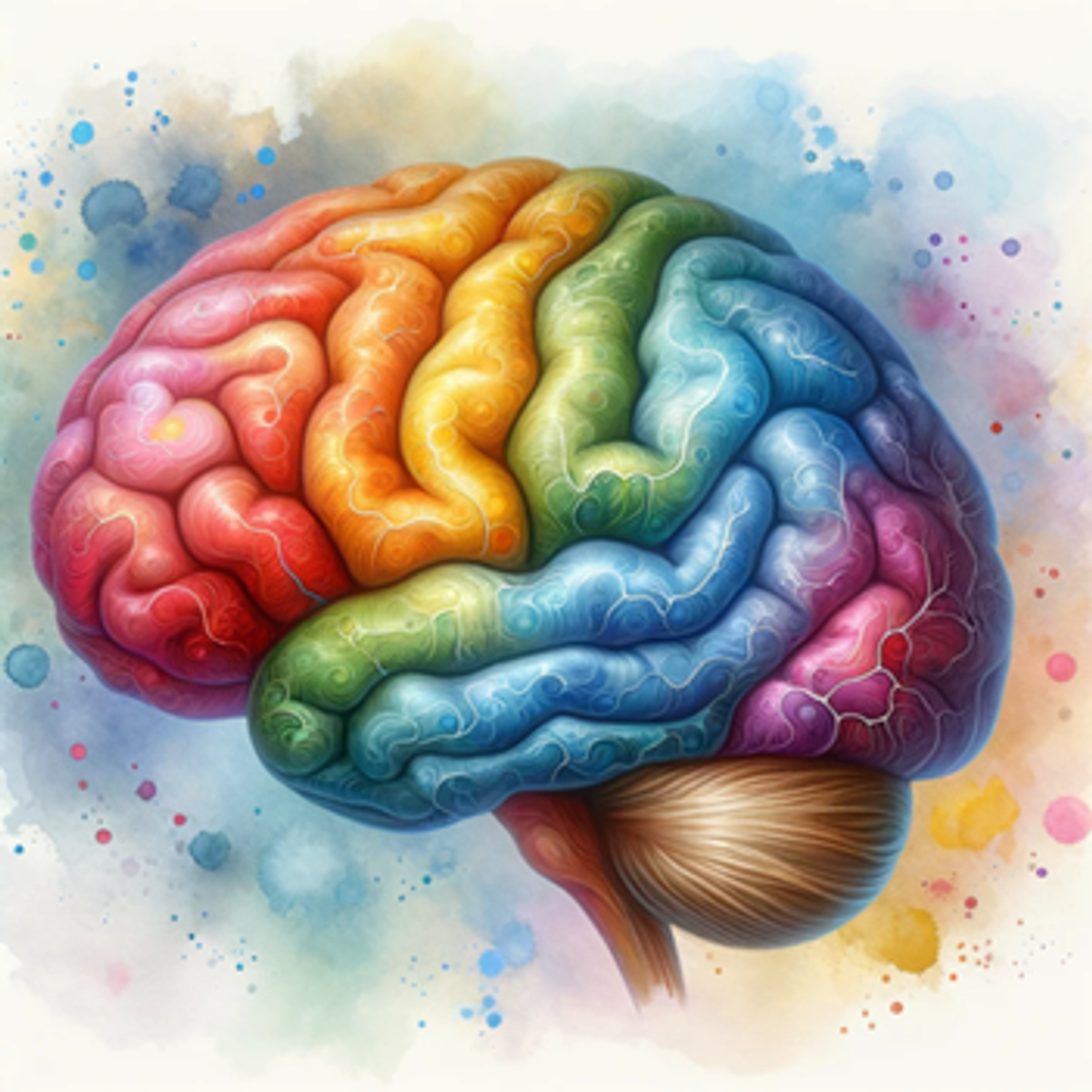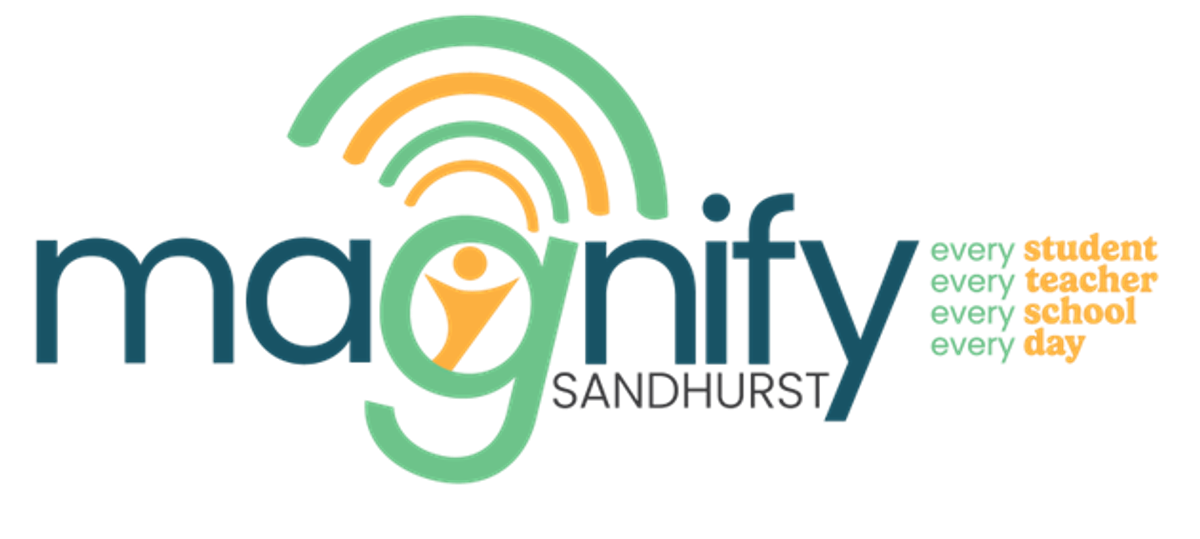Magnify

The Science of Learning
During the holidays, teachers returned to school to complete 3 days of Professional Development that relates to Magnify. The main presenter was Dr. Jared Cooney Horvath (PhD, Med) who is an award-winning cognitive neuroscientist, best-selling author and renowned keynote speaker with an expertise in human learning, memory, and brain stimulation. At the crossroads between the laboratory and the classroom, Jared spends most of his time working directly with teachers and students or helping schools, organisations, and companies improve learning and engagement. Teachers explored the Science of Learning that focusses on the main purpose of our brain linked to learning.
We learnt new terms such as neurons, synapses, neuroplasticity, hippocampus.
It was amazing to learn what our brains need to create memories.
This has an impact on how we teach. New learning is in our short-term memory. The more times we revise new learning in various ways, the more impact it has on becoming a long-term memory. It is also important that after learning new memories we need to sleep on it. Sleep helps to build these memories.
This relates to Magnify. The way we use Review Powerpoints to revise learning allows our students to get multiple hits with retrieval of skills and knowledge. New learning is gained through various tasks and activities, followed up with revision for a few more days. This is to allow the learning to become embedded as a new long-term memory.
We also learnt about the effects of stress on the brain. Low stress helps our brains save energy but the neurons that help create memory die if we remain in low stress levels. High stress produces too much cortisol and this kills off neurons what help create memory. So the optimum amount of stress is moderate levels of stress that is healthy for our brain – we produce enough cortisol and create neurons, thus helps create memories.
When we learn our brain works really hard in what is called a top-down mode. This requires lots of thinking and revision before it becomes known.
We also learnt that once we learn a skill (eg riding a bike) it becomes a bottom-up memory. We can do it without too much thinking or effort.
All the staff at St Mary’s gained so much information and learning over the 3 days.
Our brain is such an amazing organ!


